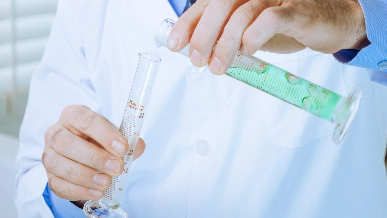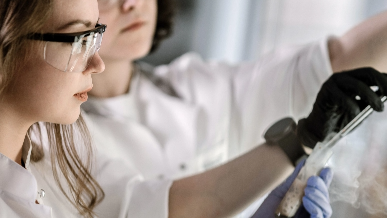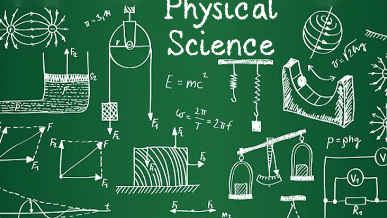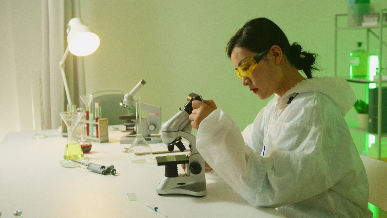
Prepares a student for further study in a graduate degree or professional program. This degree is designed to meet American Chemical standards for a bachelor degree. Job opportunities for students with this degree are very good. Students with this degree can have careers in test laboratories, government laboratories, hospital laboratories, research and development, quality control, manufacturing, and many other areas.
Credits to Completion
120
Biochemistry is the study of the chemical substances and processes that constitute living things. The field of biochemistry is an excellent choice for students interested in careers in biology, agriculture, biotechnology, medicine, or other health sciences. The physico-chemical basis of all living systems means that biochemistry is central to understanding how living things work. This area of knowledge unites the physical and biological sciences and provides profound insight into ourselves and our world. The job and career opportunities for students educated in biochemistry are exciting, varied, and robust.
Credits to Completion
120
The degree in chemistry education prepares a student to teach chemistry in secondary education. Students that complete this degree receive endorsements to teach chemistry. Completion of this program is dependent upon being accepted into the Secondary Education program through the School of Education. There is a great demand for teachers in chemistry and employment opportunities are excellent.
Credits to Completion
126
The Associates Degree in Physical Science provides a knowledge base for students considering going further in the sciences with a Bachelors degree in Geology, Chemistry, Physics, or Environmental Science and Management. It can also be achieved as a stepping stone on the way to completing a Bachelors Degree or in conjunction with a certificate program.
Credits to Completion
60
The chemistry minor indicates to others that the student that obtains the minor has a good foundation in basic chemistry. Chemistry has come to be called the central science because so many other areas of study in science and in the health professions require a good background in chemistry. The minor in chemistry show employers and admission committees at professional and graduate schools that you have a good knowledge of chemistry.
Credits to Completion
27College of Science
800 W. University ParkwayOrem, UT 84058801-863-8000
For individual phone numbers and email addresses, visit our office directory